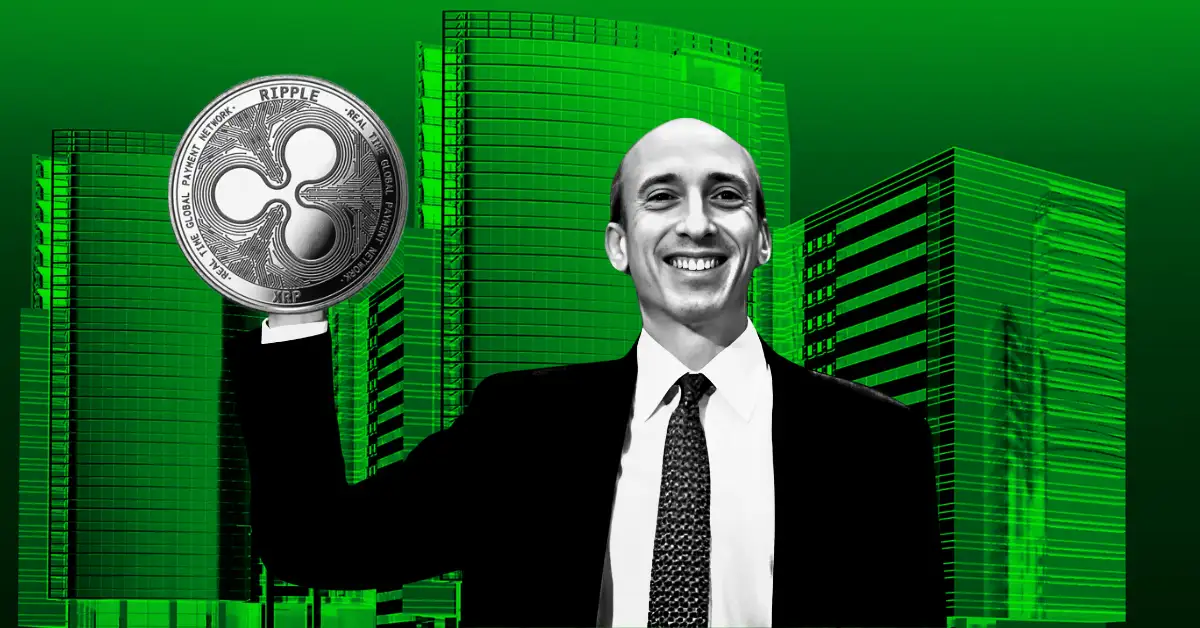What’s Next? Can Gensler Use His ‘Lame Duck’ Period to Settle Unfinished Business?

President-elect Trump recently announced that Paul Atkins will be the new SEC Chair, taking over from the current chair, Gary Gensler, who is set to step down in January. This news has generated significant attention, as many believe Atkins will foster a more crypto-friendly environment. One of the key cases being closely followed is the ongoing Ripple vs. SEC case. Experts are now analyzing potential outcomes and how the case could be dismissed.
In an interview with Thinking Crypto, Ron Hammond from the Blockchain Association said that he has been speaking with a lot of lawyers from various companies, some involved in lawsuits and others not.
The situation is unclear, as the next steps in these cases are still uncertain. For example, in the Coinbase case, things have progressed quite far, and it’s hard to back out now. The SEC argues that these are securities, but some commissioners, like Atkins, are pushing back, saying they no longer agree with that stance.
The next steps could involve wrapping up the case, as it conflicts with the current SEC priorities, or perhaps a settlement. However, many lawyers are still unsure how these cases will end. Additionally, the SEC may appeal some of the recent decisions, like the Blockchain Association’s recent win with the dealer rule, which could complicate things further.
There are also questions about ongoing cases like those with OpenSea and Uniswap. He said that it’s still unclear whether these will lead to full lawsuits or stay in the Wells Notice stage. He added that we would have to wait and see if Congress can pass legislation, particularly in the Senate, which could impact these cases.
The expert said that there’s also the possibility that the SEC Chair, Gary Gensler, may use the “lame duck” period to push for changes in how the laws are applied, but we are still in a waiting phase.
What is ‘Lame Duck’ Period?
A “lame duck session” is a meeting of Congress that happens after the November election but before the new Congress begins its term. Lawmakers use this time to address unfinished business or urgent issues.



